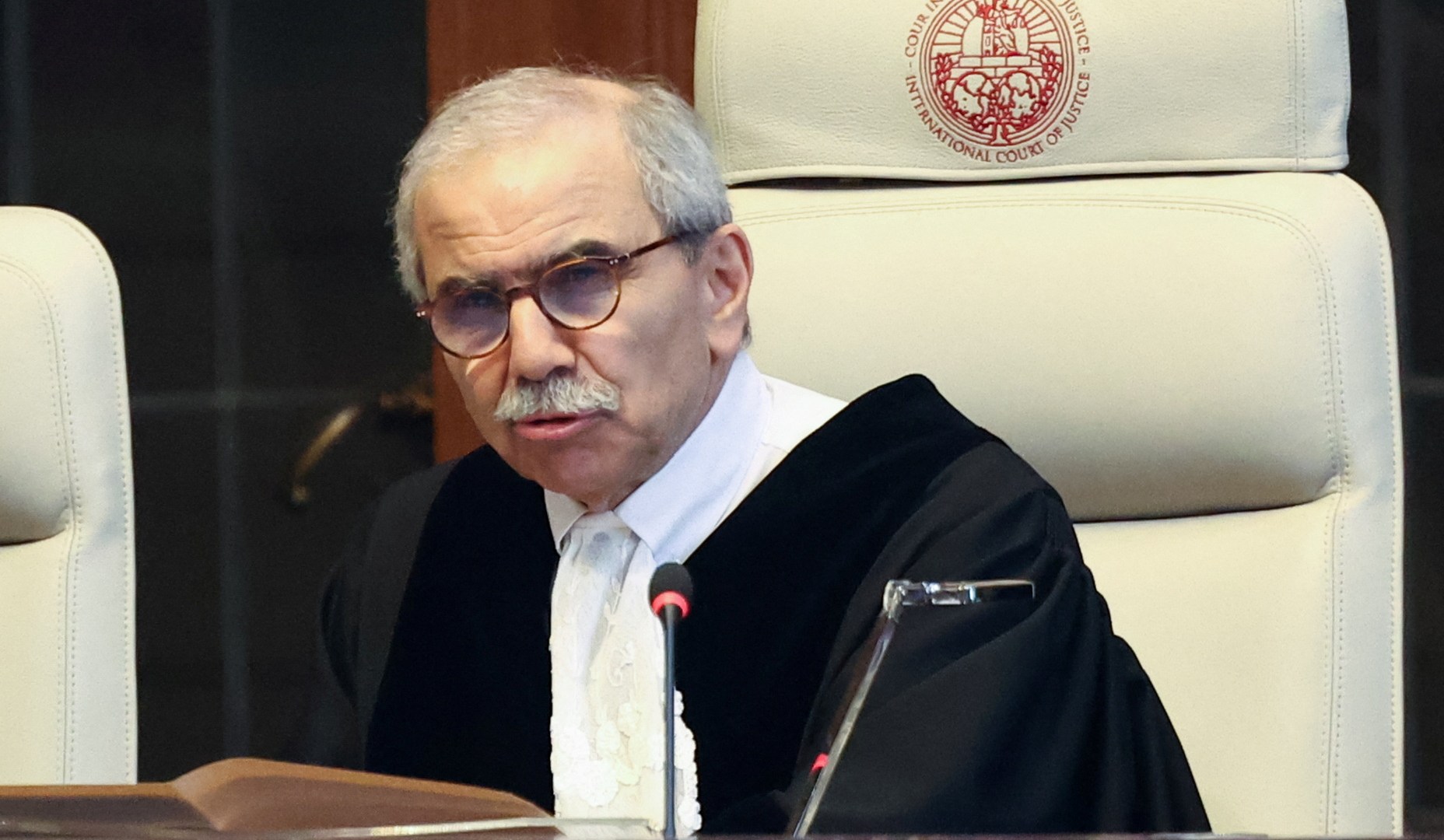DEVELOPING STORYDEVELOPING STORY,
Support for Salam shows a big shift in the power balance in Lebanon as Hezbollah wanted PM Mikati to keep the job.
Nawaf Salam, the head of the International Court of Justice, has become Lebanon’s prime minister after President Joseph Aoun appointed him with the backing of more than half of the lawmakers in parliament.
The appointment on Monday reflects the weakened position of Lebanon’s Hezbollah group, which wanted Najib Mikati to keep the job, following its devastating war with Israel and the toppling of the group’s ally Bashar al-Assad in Syria last month.
Al Jazeera’s Zeina Khodr, reporting from the Lebanese capital Beirut, said Salam’s designation “symbolises a new era” in Lebanon’s politics.
“Salam is a newcomer in politics, but he was the ambassador to the UN for many years and he has international experience,” she said.
“He is widely respected as a judge, lawyer and diplomat.”
She said: “Salam symbolises change. He was chosen by opposition MPs, independent MPs, who are pushing for a new political order as he does not belong to the political class that has been governing this country for decades and has been accused of mismanagement and corruption.”
The election last week of army commander General Aoun as head of state, a choice backed by the United States, also showed the shift in Lebanon’s sectarian political landscape, in which Hezbollah had long held decisive sway.
His election last week ended a two-year power vacuum and revived hopes of lifting war-battered Lebanon out of economic crisis.
With the prime minister named by the president, the eastern Mediterranean country has been run by a caretaker government for more than two years.
Aoun, a Maronite Christian, was holding consultations over the choice of prime minister with parliament’s 128 MPs on Monday.
He was obliged to pick Salam as he was the candidate with the greatest number of votes.
Salam had secured the backing of 78 of the MPs out of 128 by Monday afternoon, with nine endorsing Mikati who has served as prime minister in a caretaker capacity.
Under Lebanon’s power-sharing system, the president must be a Maronite Christian, the prime minister a Sunni Muslim, and the parliament speaker a Shia Muslim.
‘Era of weapons is over’
Salam’s backers view the judge and former ambassador as an impartial figure able to carry out much-needed reforms, a contrast to Mikati regarded by critics as under Hezbollah’s influence.
MP George Adwan of Christian party the Lebanese Forces said after meeting Aoun and endorsing Salam that it was time for Hezbollah to focus on “political work”.
“The era of weapons is over,” Adwan told reporters.
Hezbollah ended a deadly war against Israel this autumn bruised and weakened.
Under a ceasefire deal, the group must pull its fighters from areas of southern Lebanon near the Israeli border as the national army – until last week under Aoun’s command – and UN peacekeepers deploy there.
Hezbollah also lost a key ally in neighbouring Syria when rebel fighters removed President Bashar al-Assad from his seat last month.
Senior Hezbollah MP Mohammed Raad said the Iran-backed group’s opponents were seeking its fragmentation and exclusion from power in Lebanon.
Speaking at the presidential palace after Hezbollah MPs had met with Aoun, Raad said his group had “extended its hand” by helping to secure the president’s election as Lebanon’s president last week, only to find the “hand cut off”.
